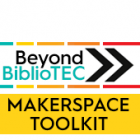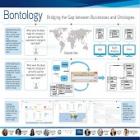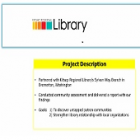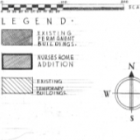
Artifacts of Loss: Memorial Artists’ Books
The Book Arts Collection at the UW Libraries Special Collections includes modern artists’ books as well as works on bookbinding, typography, and other historical printing topics. As a non-circulating library, Special Collections must rely on tools such as exhibits to show users the depth and range of their materials.
"Artifacts of Loss" is a unique exhibit installed to highlight a selection of meaningful and evocative artists’ books. In addition to the exhibit itself, tangible results of the project include an exhibit catalog, and a comprehensive list of considered works, which will be used by the collection’s curator and catalogers to improve thematic subject headings. The exhibit allows greater visibility of the Book Arts Collection to prospective users. Beyond that, it addresses a universal, yet deeply personal, aspect of life. The feedback we have received has illustrated the incredible impact this exhibit has had on viewers.










